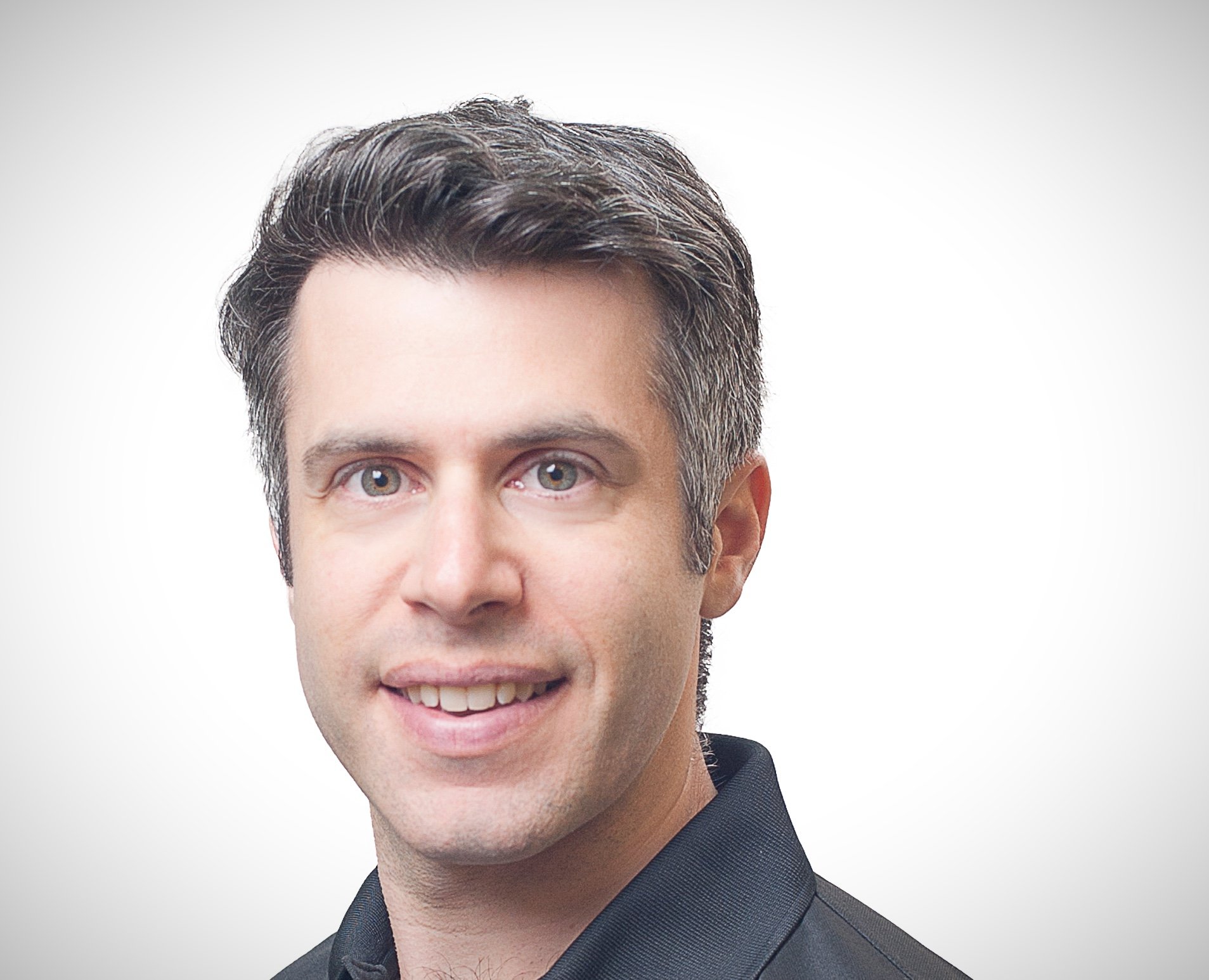In an era of ubiquitous connectivity and information saturation, the need for big-picture thinking is greater than ever. At Techonomy, we produce events and publications that help global leaders cut through the noise and understand the profound tech-driven changes all around us. This year’s five most-viewed stories, which are summarized below, highlight some of the most important trends impacting our world.
Facebook Influenced Election? Crazy Idea, Says Zuckerberg by Adrienne Jane Burke

In a one-hour interview at Techonomy 2016, Facebook CEO Mark Zuckerberg made provocative statements about many topics, but none of his comments attracted more attention—and controversy—than his dismissal of concerns that fake news on Facebook may have swung the US election. Zuckerberg referred to these concerns as “crazy,” but journalists from Forbes, Vanity Fair, The Verge, and other top outlets disagreed (watch the full interview with Techonomy’s David Kirkpatrick here).
When Kirkpatrick also raised concerns about “filter bubbles” on Facebook, Zuckerberg claimed that Facebook offers a more diverse range of viewpoints than most media organizations did in the past. But he also acknowledged that people still tend to seek information that conforms with preconceived notions. With Facebook now in the hands of nearly 2 billion people worldwide, many believe he has an urgent responsibility to address this problem.

Financial and Emotional Suffering is Pushing White Americans Towards Trump by Galen Buckwalter

What drives support for Trump? Research psychologist Galen Buckwalter believes that financial stress in white middle-class America plays a major role. Citing evidence from his work as Chief Science Officer at Payoff.com, he posits that financial stress can lead people to feel a profound lack of control over their lives. This state of mind makes them particularly receptive to political scapegoating, strongman rhetoric, conspiracy theorization, and other tactics employed by Trump on the campaign trail.
Although many Trump supporters have above-average incomes, Buckwalter argues that many also face voluminous debt, declining social capital, and other economic uncertainties that subject them to acute financial stress. These factors also help explain the increasing rates of drug and alcohol abuse, suicide, and overall mortality among white middle-class Americans. Clearly, many Americans are suffering, and feel that Trump gives them a voice.
Five Ways AR and VR Will Improve our Current Reality by Brian Pene

As virtual reality (VR) and augmented reality (AR) technologies become mainstream, Brian Pene of Autodesk believes they will increasingly shape how we create and experience the world around us. Often referred to as “immersive technologies,” Pene predicts that VR and AR will do more than just provide a new medium for entertainment. They will also be used to support architectural and automotive design, education, and industrial field training.
Immersive technologies offer opportunities in other fields too. In healthcare, startups like Proximie provide AR tools to support surgical training and care delivery. In 2017 edition of Techonomy Magazine, Edelman’s Tim Weber talked about VR applications for retail and fitness. Yet despite rapid uptake of VR and AR in recent years, continuation of this trend is not yet a given—as Weber notes, these technologies also raise security concerns and other challenges that must be addressed.
Health Tech Innovation Blooms in Singapore by Will Greene

Of the many healthcare innovation hubs popping up in Asia, few offer as many advantages as Singapore. Favorable regulations, strong public sector support, a deep local talent pool, and many other benefits make the city-state an ideal base for companies seeking opportunities in the region’s diverse and dynamic markets. The result is a thriving ecosystem of innovators looking to improve health systems in a region where over a billion people lack access to good standards of care.
I wrote this piece in April 2016, and in recent months I’ve heard some complain that Singapore’s healthcare scene needs less talk and more action. One of my friends, a well-known Singaporean physician, likes to say that it suffers from “pilotitis,” a condition characterized by a love of splashy new initiatives but little sustainable innovation. I understand where he’s coming from, but I also see signs of steady progress, and as a health analyst who’s been living in Vietnam, I remain optimistic that Singapore will live up to its potential as a healthcare innovation hub for Asia.

Unlocking Healthcare’s Data by Joost Maltha and David Kirkpatrick

Despite the accelerating digitization of healthcare systems everywhere, troves of valuable health data still sit in silos. This piece by Joost Maltha, Director of Communications for Philips, examines the massive need for unlocking this data. Co-authored with Techonomy founder David Kirkpatrick, it also explores the role of the Internet of Things, genomics, wearable devices, and other emergent technologies in creating new datasets and using them to improve standards of care.
Philips has unique insight on this problem. The Dutch giant recently made moves to shed its legacy business lines and focus on healthcare technology. Jeroen Tas, Philips’ CEO of Connected Care and Health Informatics, spoke about their strategy in a panel at Techonomy 2016. Alongside Kaiser Permanente CEO Bernard Tyson, he talked about one of the most exciting uses for healthcare data—the possibility of lowering costs by measuring patient outcomes and rewarding healthcare systems that provide genuine value.
Will Greene is a writer and strategy consultant focused on Asia’s emerging R&D ecosystems. You can find him on LinkedIn.















